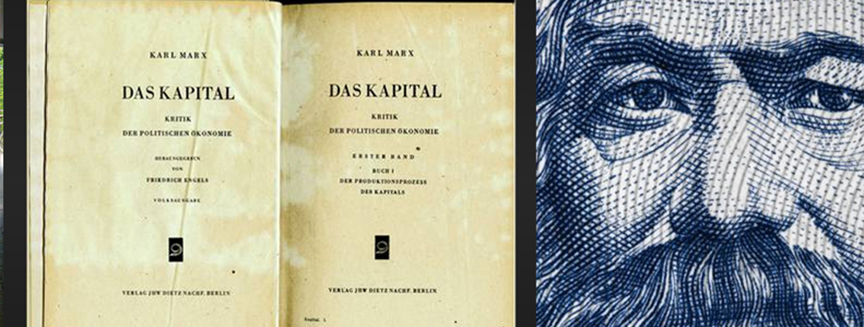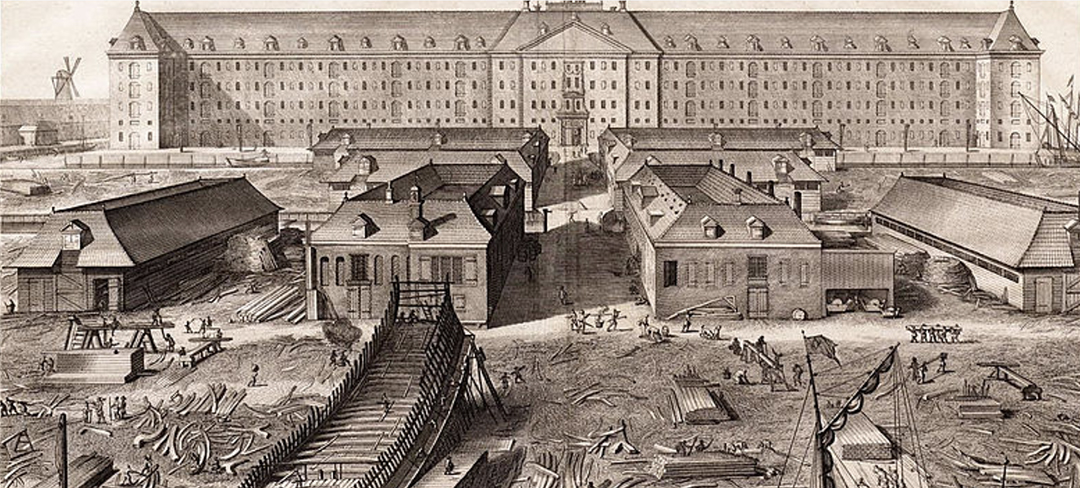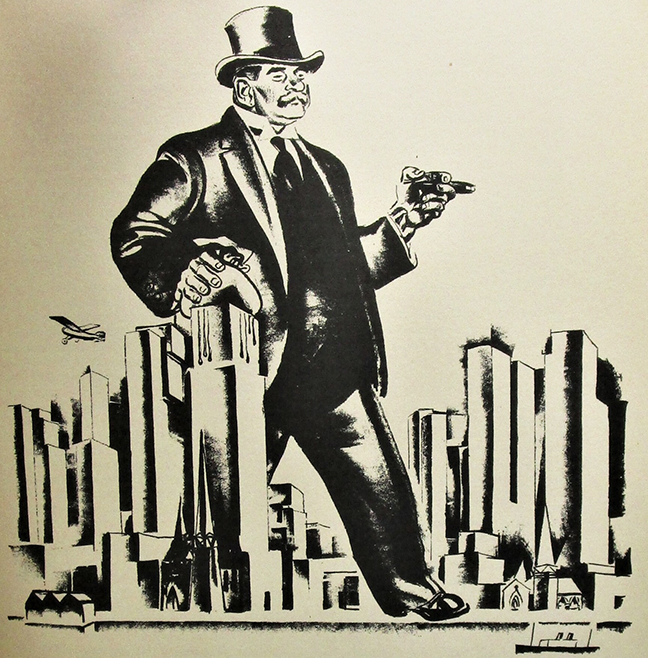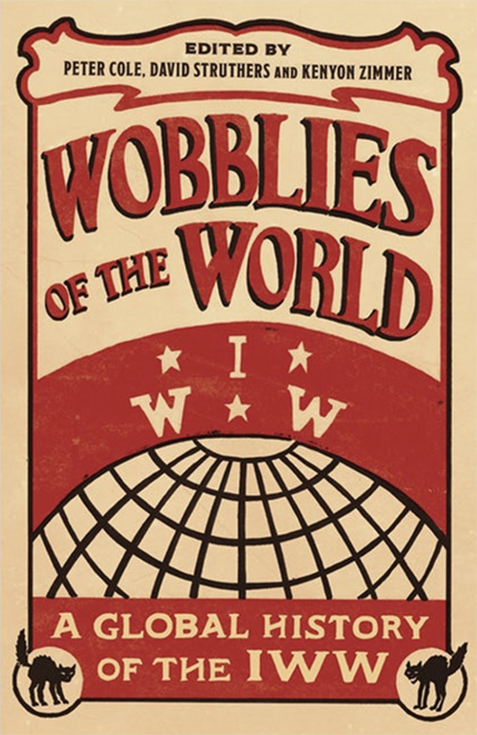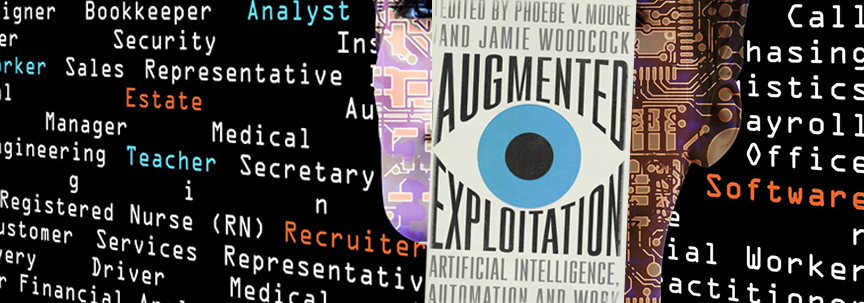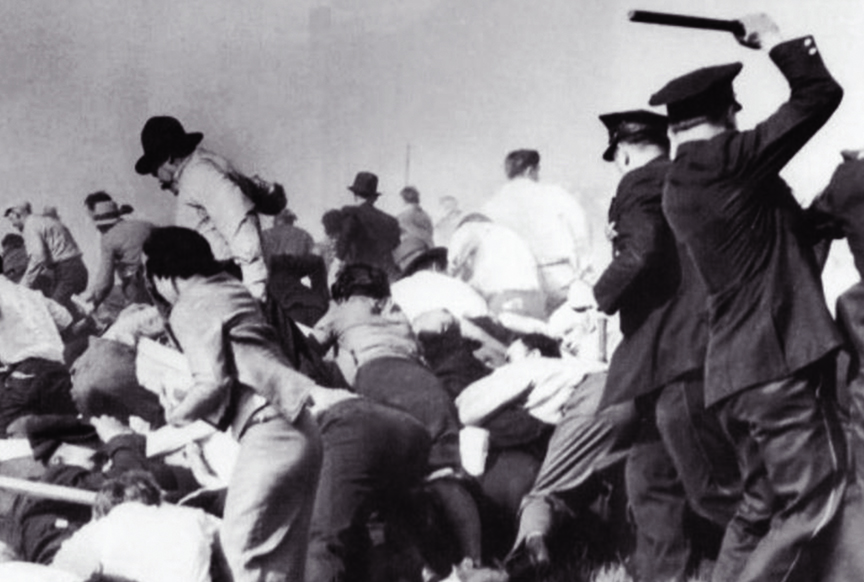Marx's Capital
Capital, Volume 1, Part 3
Online: Zoom link will be provided to registered participantsChapters 16 through 25, will trace this development and reveals new dynamics and contradictions inherent to the logic of capitalist accumulation, culminating in Chapter 25, The General Law of Capitalist Accumulation. These developmental processes continue to be played out to this day and are witnessed in the immensity of wealth for a few at one pole of humanity, poverty at another, ruthless misuse and degradation of nature, and reduction of the human subject, the producing masses of real individuals, to an alienated object for capitalist exploitation.
Grundrisse
Online: Zoom link will be provided to registered participantsIn the Grundrisse Marx arguably bridges his early writings on philosophy and Hegel, and the writing and revisions of Capital that dominated much of the rest of his life. We will undertake a close, word by word reading of the text with a view to understanding the concepts that evolve within it. This first term will begin with the chapter on money.
Grundrisse
Online: Zoom link will be provided to registered participantsIn the Grundrisse Marx arguably bridges his early writings on philosophy and Hegel, and the writing and revisions of Capital that dominated much of the rest of his life. We will undertake a close, word by word reading of the text with a view to understanding the concepts that evolve within it. This first term will begin with the chapter on money.
Marx’s Inquiry into the Birth of Capitalism: Why Does It Matter?
Online: Zoom link will be provided to registered participantsAs Marx argues, “original accumulation” of capital, the transformation of pre-capitalist to capitalist social relations, is not explained by the fairy tale of wise and thrifty household producers getting wealthy by their own labor. John Milios’ research into the “pre-capitalist money owner”, the role of commodity production (as opposed to production for direct consumption) based on slave labor in the ancient world, and the development of ”contractual money begetting” production in Europe in the middle ages, helps us understand what is and is not capitalism. He critically analyzes both Marxist and non-Marxist literature. He uses the rise and fall of the Venetian mercantile republic as a case study. He concludes that “No version of capitalism is the realm of ... freedom or justice. Capitalism is a social system in which ... coercion guaranteeing economic exploitation of the ruled by the rulers is incorporated into the economic relation itself.”
Capital, V1, Part 2: The Transformation of Money Into Capital
Online: Zoom link will be provided to registered participantsWe will do a close reading of the chapters in Part Two of Volume I of Capital on “The Transformation of Money Into Capital”. In these chapters Marx introduces the fundamental concepts of capital,labor power, surplus value and the valorization process.
WOBBLIES OF THE WORLD: A Global History of the Industrial Workers of the World
Online: Zoom link will be provided to registered participantsDrawing on many important figures of the movements such as Tom Barker, Har Dayal, Joe Hill, James Larkin and William D. "Big Bill" Haywood, and exploring particular industries including shipping, mining, and agriculture, this book describes how the IWW and its ideals travelled around the world.
Grundrisse
Online: Zoom link will be provided to registered participantsIn the Grundrisse Marx arguably bridges his early writings on philosophy and Hegel, and the writing and revisions of Capital that dominated much of the rest of his life. We will undertake a close, word by word reading of the text with a view to understanding the concepts that evolve within it. This first term will begin with the chapter on money.
Capital, V1, Part 2: The Transformation of Money Into Capital
Online: Zoom link will be provided to registered participantsWe will do a close reading of the chapters in Part Two of Volume I of Capital on “The Transformation of Money Into Capital”. In these chapters Marx introduces the fundamental concepts of capital,labor power, surplus value and the valorization process.
Grundrisse
Online: Zoom link will be provided to registered participantsIn the Grundrisse Marx arguably bridges his early writings on philosophy and Hegel, and the writing and revisions of Capital that dominated much of the rest of his life. We will undertake a close, word by word reading of the text with a view to understanding the concepts that evolve within it. This first term will begin with the chapter on money.
Capital, V1, Part 2: The Transformation of Money Into Capital
Online: Zoom link will be provided to registered participantsWe will do a close reading of the chapters in Part Two of Volume I of Capital on “The Transformation of Money Into Capital”. In these chapters Marx introduces the fundamental concepts of capital,labor power, surplus value and the valorization process.
Capital, V1, Part 2: The Transformation of Money Into Capital
Online: Zoom link will be provided to registered participantsWe will do a close reading of the chapters in Part Two of Volume I of Capital on “The Transformation of Money Into Capital”. In these chapters Marx introduces the fundamental concepts of capital,labor power, surplus value and the valorization process.
Capital, V1, Part 2: The Transformation of Money Into Capital
Online: Zoom link will be provided to registered participantsWe will do a close reading of the chapters in Part Two of Volume I of Capital on “The Transformation of Money Into Capital”. In these chapters Marx introduces the fundamental concepts of capital,labor power, surplus value and the valorization process.
Capital, V1, Part 2: The Transformation of Money Into Capital
Online: Zoom link will be provided to registered participantsWe will do a close reading of the chapters in Part Two of Volume I of Capital on “The Transformation of Money Into Capital”. In these chapters Marx introduces the fundamental concepts of capital,labor power, surplus value and the valorization process.
Augmented Exploitation: Artificial Intelligence, Automation, Work and Changes in the Labor Process
Online: Zoom link will be provided to registered participantsIn the Introduction to Augmented Exploitation, co-editors Phoebe Moore and Jamie Woodcock point up two main problems with how automation and artificial intelligence are being discussed as the end of the first quarter of the 21st century draws near. Number one is the claim that Al is changing the labor process in new and unprecedented ways. But capitalists have always introduced machines in order to increase the amount of what each worker can produce in a given period of time. This is where the second problem comes in—either a certain process will be automated, or it will not—a binary that focuses on machines and not on the workers who operate them. Rather than the prospects of automation and interpretive learning replacing workers, we need rather to see that these are augmentations of the labor process. Also discussed will be two of the many vital essays from this year's Socialist Register—Beyond Digital Capitalism: New Ways of Living.
Political Economy of Labor Repression in the United States
Online: Zoom link will be provided to registered participantsAndrew Kolin presents a detailed explanation of the essential elements that characterize capital’s relations to the working class and how capital relies on various forms of repressing reform and revolutionary movements by workers. The repression is directly linked to the class struggle between capital and labor. The starting point examines labor repression after the American Revolution. Andrew’s book then follows the role of the state along with the explosive growth of American capitalism to analyze the long history of capital and labor conflict with details of the US state being aligned with the interests of capital throughout American history.

